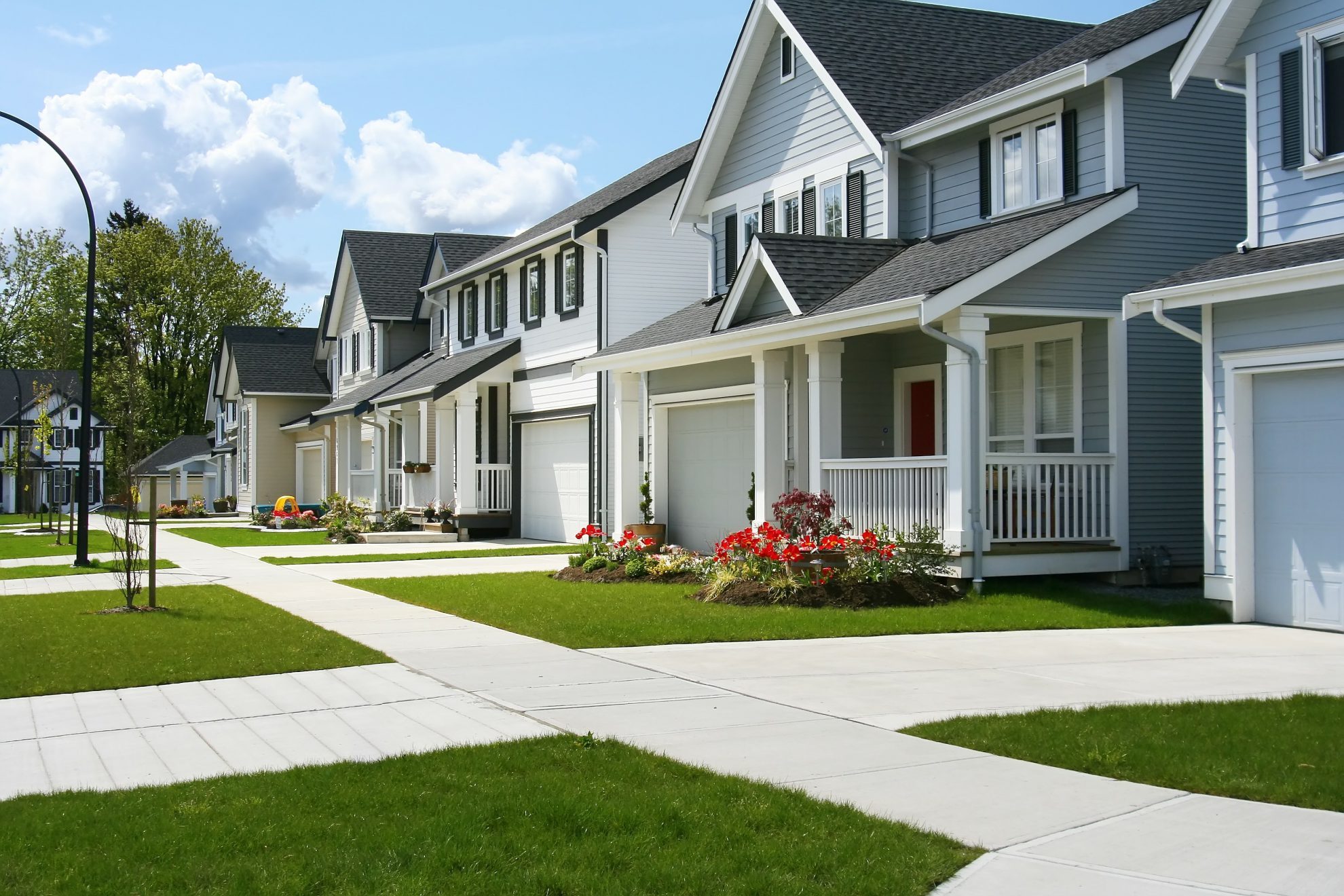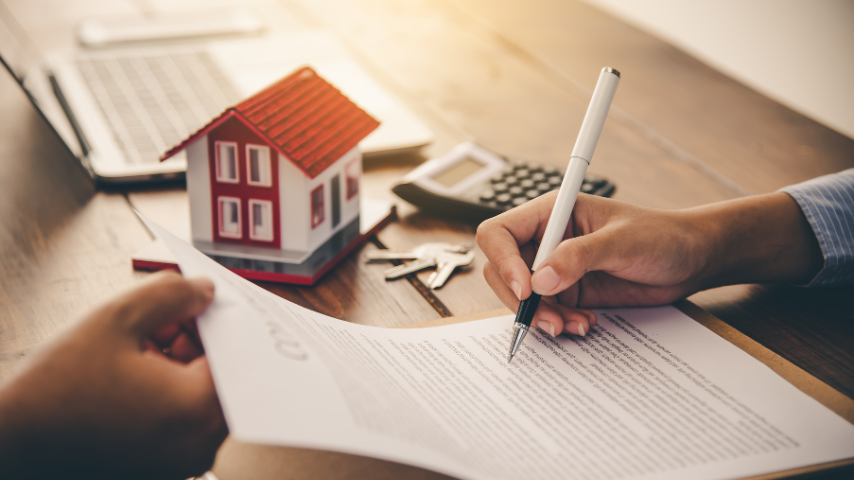Determining the correct price is a crucial step when selling your home. Get it right, and you could be enjoying a quick and easy sale. Get it wrong, and your property could be on the market for months or even years. But fear not! We’re here to help. In this blog post, we’ll delve into the art of pricing and provide strategies to accurately value your home, so you can maximize your returns.
Factors That Influence Home Pricing
There are various factors that can impact the price of your home. The current state of the real estate market, the location, condition, and age of your home are some of the significant factors that can determine its value. Additionally, the size of your home, the number of bedrooms and bathrooms, and the quality of the finishes can also impact its price.
Apart from these factors, there are some other elements that can affect the value of your home. The level of demand in the market is one of the crucial factors that can determine the price of your home. If there is high demand for homes in your area, the price is likely to increase. On the other hand, low demand can lead to a decrease in price. The condition of your home is another important factor. If your home is in excellent condition with modern amenities, it will likely have a higher value than a home that requires repairs.
Location plays a critical role in determining the value of your home. Homes located in desirable neighborhoods with great school districts and access to amenities such as parks, shopping centers, and restaurants will typically have a higher value than homes in less desirable areas. Finally, the age of your home is also an important factor, as older homes may have outdated features and require more maintenance, which can impact their value.
The Importance of Accurate Home Pricing
When selling your home, it’s vital to get the pricing right. Overpricing can result in a stagnant listing that sits on the market for too long, while underpricing can lead to lost money. To avoid these pitfalls, it’s crucial to have a clear understanding of your local real estate market, including factors like supply and demand, the state of the economy, and local buyer preferences. Additionally, the condition of your home plays a significant role in determining its worth. A well-maintained home with modern finishes and appliances will typically fetch a higher price than one in need of repairs.
It’s important to remain objective when pricing your home and not let emotions cloud your judgment. A seasoned real estate agent can be an invaluable resource in this regard, providing an unbiased perspective and helping you set a realistic price that is based on market data. While some sellers list their home at a higher price than they expect to receive, leaving room for negotiation, it’s important to recognize that this strategy may not work in all markets. Ultimately, the goal is to price your home correctly from the start to sell it quickly and for the best possible price.
Understanding the Local Real Estate Market
To determine the right price for your home, it’s crucial to understand the local real estate market. You do this by researching what similar homes have sold for recently and understanding the current supply and demand dynamics.
One way to get a better sense of the local market is to work with a professional real estate agent who knows the area well. They can provide you with a comparative market analysis (CMA) that enlightens you on what similar homes have sold for recently, giving you an understanding of how your home compares in terms of size, features, and condition.
So, to ensure you get the best price for your home without overpricing it and risking having it sit on the market for too long, take the time to understand the local market, work with a trusted real estate agent, and get a CMA.
Home Appraisal vs. Comparative Market Analysis
A CMA is a useful tool to gain insights into the real estate market trends of your locality. However, a CMA is not equivalent to a home appraisal, which is a professional assessment conducted by a licensed appraiser. A home appraisal considers factors such as the location, property size, condition, comparable sales data, and other relevant information to determine an objective value for the property.
While a CMA may be helpful in setting an initial asking price, a home appraisal may be necessary for obtaining financing or precise valuation for estate planning purposes.
By knowing the difference between these two processes, you can confidently make informed decisions regarding your real estate investment that can bring peace of mind and financial security.
Pricing Strategies for Selling Your Home
After gaining insight into the local market and obtaining a CMA or appraisal, it’s crucial to develop an effective pricing strategy. One widely used approach is the ‘just below market value’ pricing strategy, which can attract more interest and multiple offers, boosting the price. Alternatively, in markets with high demand or low inventory, one can opt for the ‘just above market value’ strategy, gradually lowering the cost if the home doesn’t sell. So, assess the market and pricing objectives to select the right strategy for your home.
Common Pricing Mistakes to Avoid
Selling your home can be daunting, but avoiding common pricing errors can make the process smoother. The most significant mistake is overpricing, resulting in extended market time and turning off buyers. Underpricing can mean that you leave money on the table. Neglecting market data and the cost of upgrades can also affect the price you get. Don’t forget that the location and amenities in your area can influence your pricing, so it’s essential to take these factors into account before setting your home price.
Pricing Your Home for Quick Sale
To sell a house quickly in a fierce market, it’s important to adopt a different pricing strategy. Setting a price just below market value can generate interest and urgency among buyers. Offering incentives such as covering closing costs and providing a home warranty can also make your home more alluring. Get ahead of the competition by implementing these proven strategies.
Working with a Real Estate Agent to Determine Pricing
To get your home priced just perfectly, one of the most valuable resources to tap into is a reputable real estate agent. They have access to and can effectively interpret the latest market data, which allows them to provide invaluable pricing insights tailored for your local market. Not only that, they are skilled at producing a high performing marketing plan to get your home in front of potential buyers, and expert at deftly handling offer negotiations on your behalf.
Understanding the Impact of Renovations on Home Pricing
When renovating your home before selling it, it’s essential to consider how these changes may impact your pricing strategy. Although a newly installed kitchen or bathroom can add value to your home, you need to gauge if the renovation price outweighs the value increase.
Having that said, before you start any renovations, analyze the market and take a close look at comparable homes in your area to figure out the benefits of such upgrades. By understanding the impacts of renovations on home pricing, you’ll increase your chances of a successful sale.
The Role of Marketing in Pricing Your Home
Marketing plays a crucial role in determining an optimal price for your home. But, pricing is only one aspect of a comprehensive selling strategy. To attract potential buyers, you also need to develop a plan to showcase your home. This can be accomplished by investing in professional photography and staging, listing your home on popular real estate websites, social media advertising and even organizing open houses.
It’s essential to create a marketing plan that comprehensively markets your home and increases its visibility. Through a robust marketing strategy, you can attract a larger pool of potential buyers, making your home sale smoother and more profitable.
Pricing Your Home in a Changing Market
When pricing your home, don’t forget to keep up with the ever-changing real estate market. Adapting your pricing strategy to reflect current trends can help you maximize your returns. Consider the pace of the market, with a rapidly appreciating market allowing for a higher price point than a slow or declining one. By collaborating with an experienced real estate agent, you can stay in the know and make informed pricing decisions.
Conclusion
Establishing the right price for your home is a blend of art and science that requires a comprehensive understanding of the local real estate market. To get top dollar for your property, key factors such as location, size, condition, and economic conditions must be weighed carefully. Luckily, with the right tools and guidance, you can succeed in this balancing act. Working with a skilled real estate agent, conducting a comparative market analysis or appraisal, and devising a thorough marketing strategy, are just a few steps towards pricing success. Whether you’re facing a fierce market or aiming for a speedy sale, a strategic pricing approach can make your goal attainable.
Topfind Realty’s experienced agents can help you sell your home faster by providing a comprehensive market analysis, assisting with pricing strategy, and guiding you through the entire selling process. Selling your home can be a stressful and emotional experience, but we’re here to help! Our agents provide personalized attention and exceptional service, making sure that you get the most out of your home sale. Don’t chance it with your biggest investment. Work with the professionals at Topfind Realty today and schedule a consultation with one of our knowledgeable agents.









